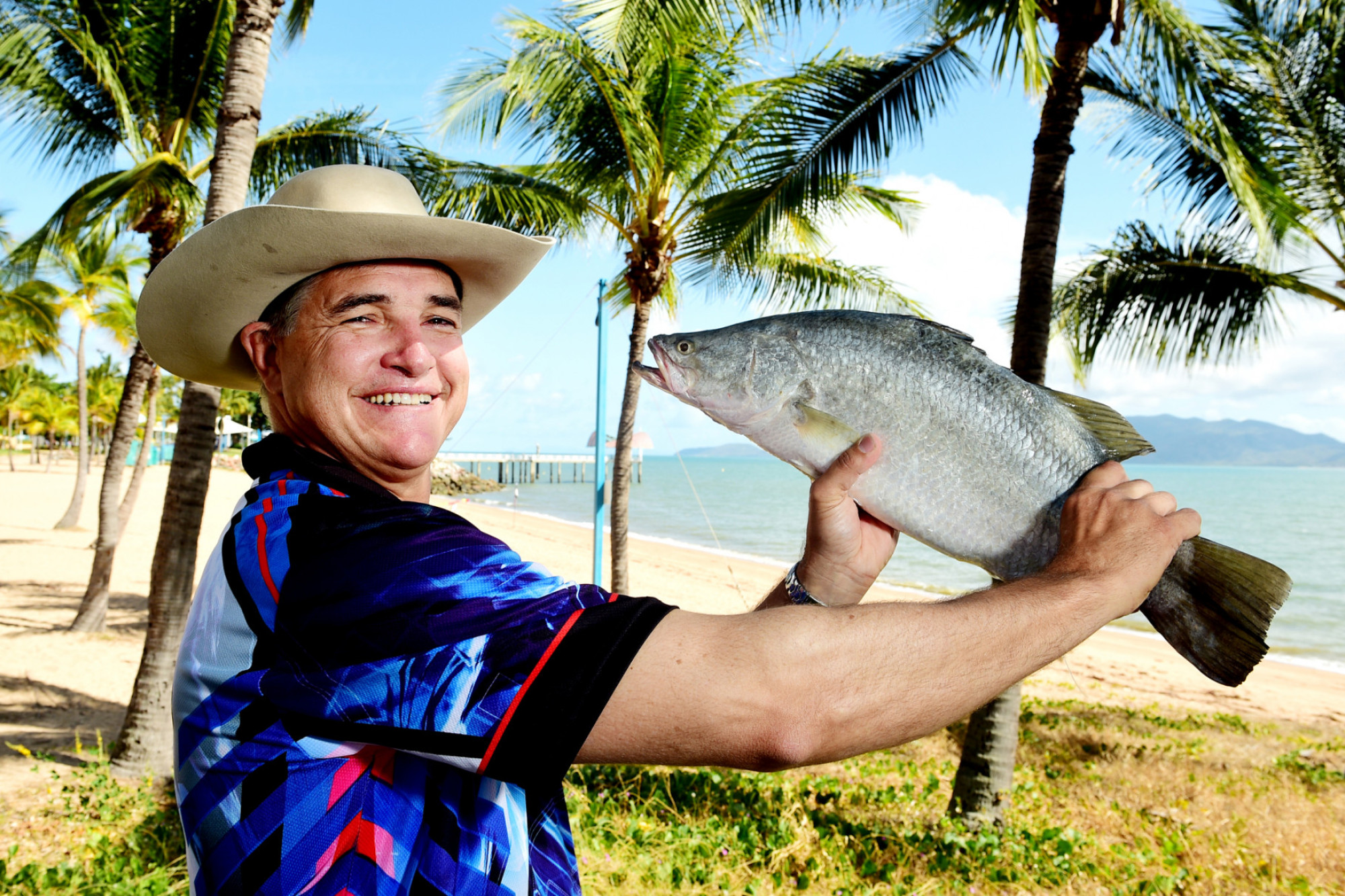General News
19 December, 2020
Labor Rejects Kap's Bid To Halt Bulk Seafood Imports
The Palaszczuk Government has bluntly rejected KAP Leader and Member for Traeger Robbie Katter’s request for a mandatory seafood labelling scheme for cafes, pubs and restaurants.

Mr Katter used an Estimates session to ask the Minister for Agricultural Industry Development and Fisheries and Minister for Rural Development to commit to forcing dining venues to display place of origin of their produce to improve consumer awareness and help compete against imports.
On World Barramundi Day in October, the KAP announced it would pursue laws in the next Queensland Parliament to bring dining venues in line with supermarkets and make it mandatory to declare whether their seafood, including barramundi, prawns and calamari, was imported.
As well as the mandatory labelling code, the KAP planned to propose the introduction of an “Aussie Caught” logo for hospitality operators who could prove their seafood was locally-sourced.
The logo was hoped to become an internationally recognised and sought-after symbol by consumers and return significant benefits to Queensland’s commercial fishing industry.
In reply to Mr Katter’s question at Estimates, the Palaszczuk Government responded that it was not considering a mandatory seafood labelling scheme, which it claimed could increase regulatory burden and compliance costs on businesses.
“These excuses, which are not insurmountable hurdles we couldn’t find solutions to, are just a way to silence the big conversation we need to have about seafood imports in this country, like the fact that a staggering 60 per cent of Australia’s barramundi is imported from places like south-east Asia,” Mr Katter said.
“The Government claims it recognises the need to support locally-caught seafood through the #eatqld promotion, but that is just a drop in the ocean of the change that’s needed.”
While imported fish was often inferior quality, Mr Katter said Queensland boasted some of the best-eating seafood in the world.
He said the COVID-19 pandemic provided a strong backdrop to continue the fight for a mandatory labelling scheme for seafood in fish and chip shops, cafes and restaurants.
“This pandemic has taught us that people want to support their local industries more than ever, and this is a simple way to bring to the fore exactly where their food is coming from and letting people decide,” Mr Katter said.


